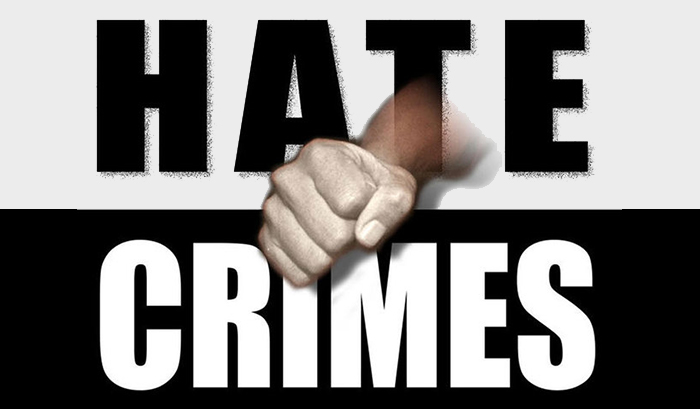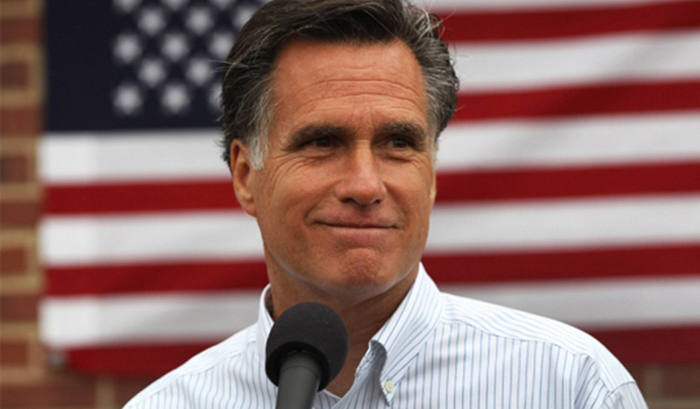[img]1|left|||no_popup[/img]A peculiar temptation creeped across me when I awakened this morning.
On the day after Prop. 8 was upheld, my conflicted thoughts were about my middle son, who has been openly gay for nine years, since his 16th birthday.
He is a quite vulnerable child of divorce. Our regularly interrupted relationship reeks of the ugly, and ongoing, split.
Three years ago, after another lengthy period of estrangement, we were reunited — with no evident rational reason in view, except for hunger — and we made a standing date for every week.
Soon, Greenwich verified its accuracy by our get-togethers.
Hugely energetic and equally volatile by nature, my son was so enthused about our repaired relationship that one year he went to lengths to organize a Father’s Day for our disparate family that would not be forgotten.
Mornings and evenings, for awhile, were as bright as daylight. It was as if luminous sunshine sprayed densely into both of our daily lives after a few years of empty blackness.
As you might expect of an enormously sensitive — middle — child who was 6 years old when his mother and I were divorced, shifting in and out of a regular relationship is fraught with broken glass and boulders. Ours was awkward, bumpy, not natural and flowing like normal fathers and sons.
Occasionally, we talked about gay-related matters, more regularly after he met his first steady boyfriend since school days.
Entering Delicate Territory
As we grew closer, I became more sympathetic with his firmly rooted views on gay life and culture. Tellingly perhaps, his skepticism about my support hovered nearby.
I have thought back many times to a landmark statement that a nationally prominent Encino rabbi, Harold Schulweiss, made in the 1980s. After grandly, and controversially, opening his large synagogue specifically to suffering gays and their families, he said that many Jews have erased their negative views about gays after learning a family member is gay.
I will argue that it is among the most important declarations of the last century.
A threateningly profound philosophical observation, Rabbi Schulweiss’s challenge was irrelevant to me at the time.
However, like a pesky fly, it would not go away.
Meanwhile, over a period of 24 months, my relationship with my son became more muscular.
A couple of times, he sought advice on matters of substance, but the scenes were on wheels. Quickly, they rolled down the hill, never to return.
Looks Easy, but It Isn’t
Where was the easiness, the relaxation that other fathers, even single dads, seem to engender in their sons?
True naturalness was permanently absent. Sometimes it felt as if we were trying to walk fast across slick ice while wearing high-tops with 7-inch-thick soles.
Of an evening, he would launch a half-dozen sardonic zingers, which made the ice surface feel even faster, perhaps in an attempt to spar with bouts of depression.
The last time I saw him, he brought up a confidential family matter, asking my counsel. Inside, I felt like a freshly bloomed rose in spring. He solicited my opinion. Perhaps our relationship was growing toward normalcy, advancing to a more mature plateau.
But then the inevitable happened.
When I telephoned him a couple days later, as was my habit, he did not return the call, which was not his habit.
That was last September. I probably have telephoned 25 times since.
Empty air. No sound at all. Without giving off any signals, he has vanished inside of Culver City, a little more than a mile from the newspaper’s office.
I think about him daily. But he is almost as untouchable as my father, who would have been 94 years old today.







